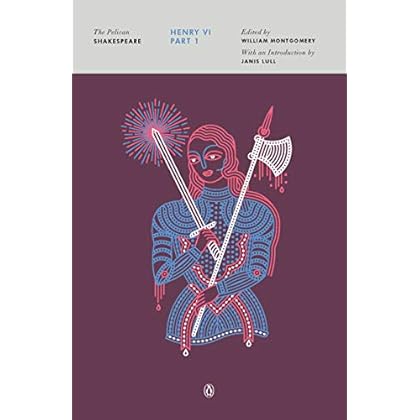Henry VI, Part 1 (The Pelican Shakespeare)
Category: Books,Arts & Photography,Performing Arts
Henry VI, Part 1 (The Pelican Shakespeare) Details
Review “Gorgeous new Shakespeare paperbacks.” —Marlon James, author of A Brief History of Seven Killings“I have been using the Pelican Shakespeare for years in my lecture course--it's invaluable, the best individual-volume series available for students.”—Marjorie Garber, William R. Kenan, Jr. Professor of English and Visual and Environmental Studies, Harvard University Read more About the Author William Shakespeare was born in Stratford-upon-Avon in April, 1564, and his birth is traditionally celebrated on April 23. The facts of his life, known from surviving documents, are sparse. He died on April 23, 1616, and was buried in Holy Trinity Church, Stratford. A. R. Braunmuller is Distinguished Professor of English and Comparative Literature at the University of California at Los Angeles. He has written critical volumes on George Peele and George Chapman and has edited plays in both the Oxford (King John) and Cambridge (Macbeth) series of Shakespeare editions. He is also general editor of The New Cambridge Shakespeare. Stephen Orgel is the Jackson Eli Reynolds Professor of the Humanities at Stanford University and general editor of the Cambridge Studies in Renaissance Literature and Culture. His books include Imagining Shakespeare, The Authentic Shakespeare, Impersonations: The Performance of Gender in Shakespeare’s England and The Illusion of Power. Read more See all Editorial Reviews

Reviews
As three television series and numerous versions on stage have demonstrated, the Henry VI trilogy plays very well on stage, even when given without cuts. None of the action and certainly none of the characters are particularly complex; although a good deal of background information about Richard II and Henry IV is requisite to appreciating what is happening here. And when "Richard III" follows, this play is made so much clearer appearing as it does as the logical consequence of all the events that came before it. Therefore I am delighted to report (1)


